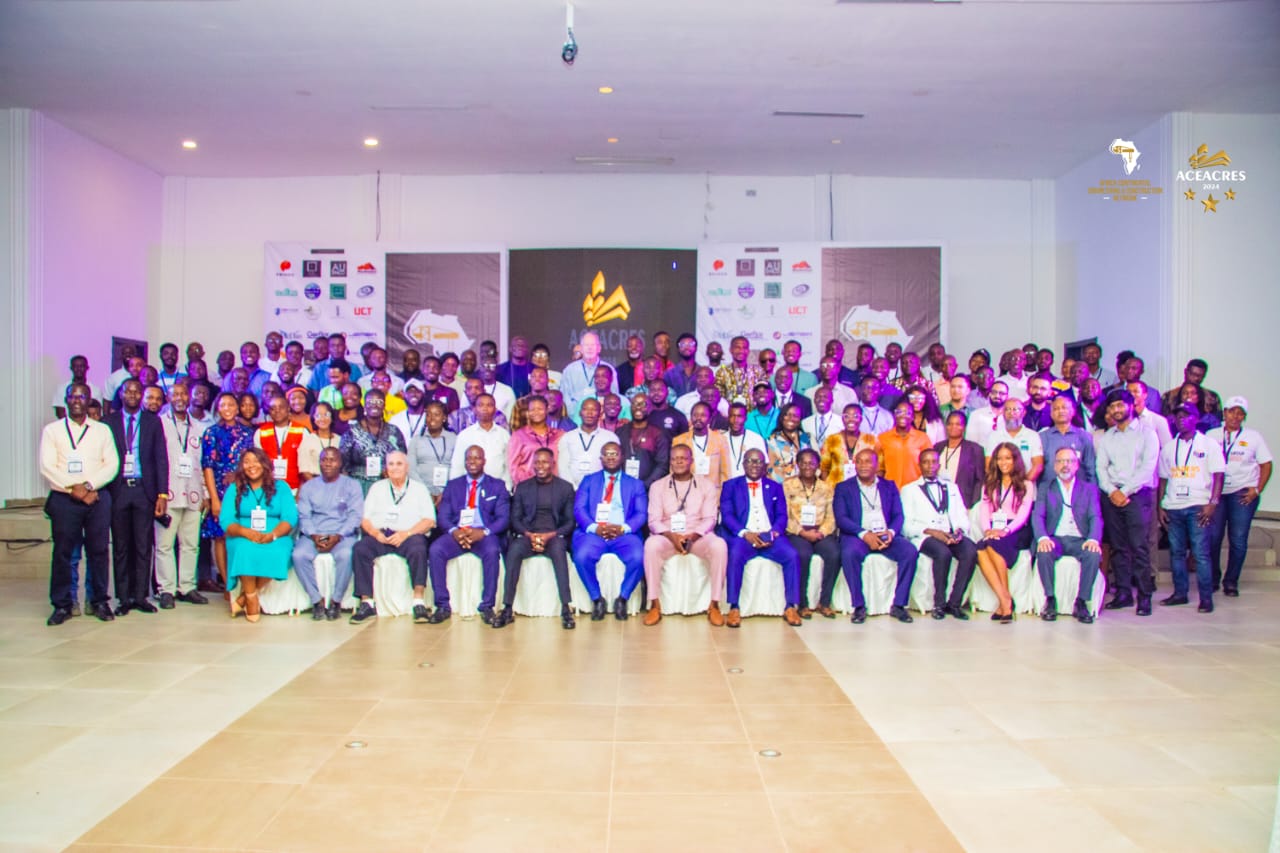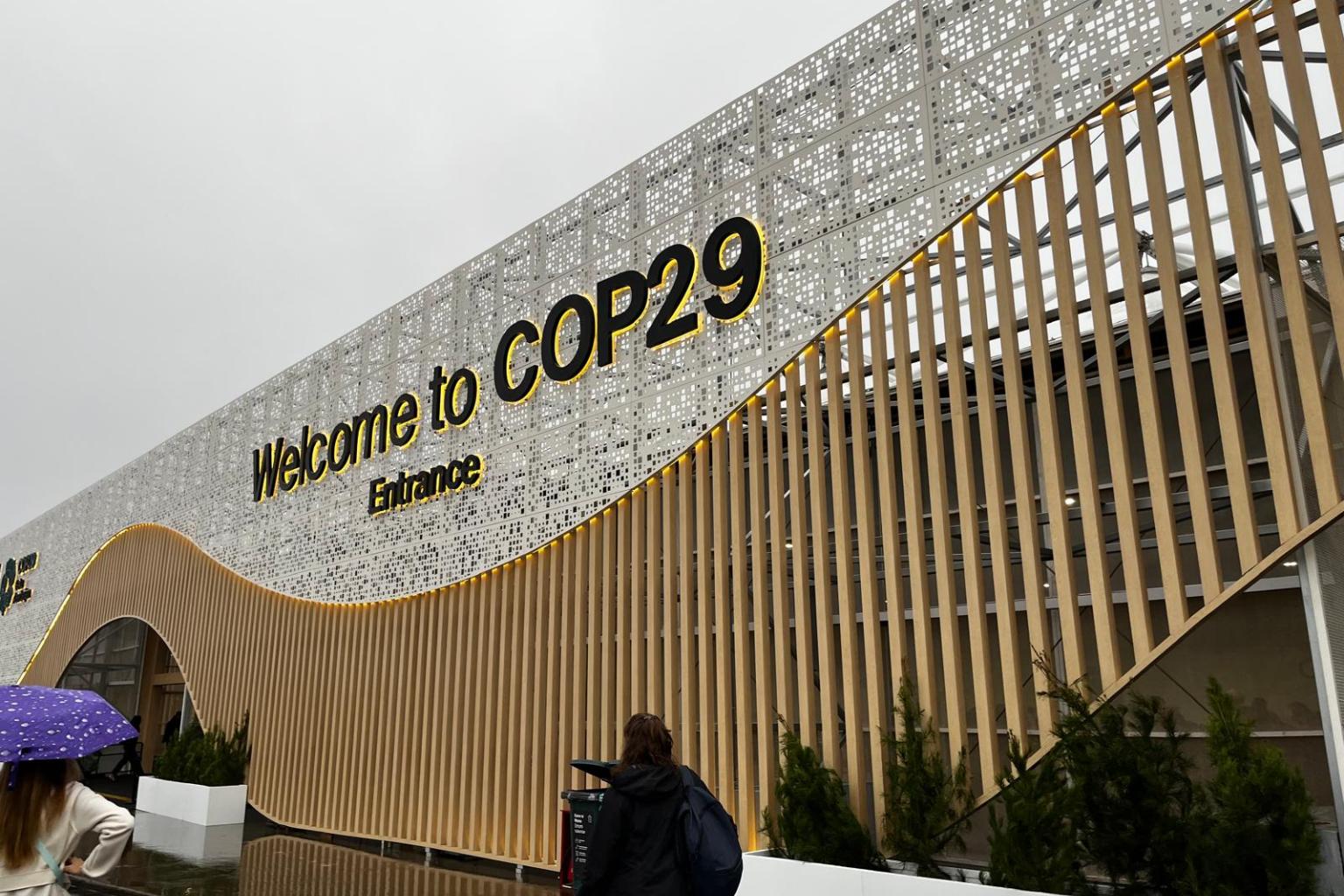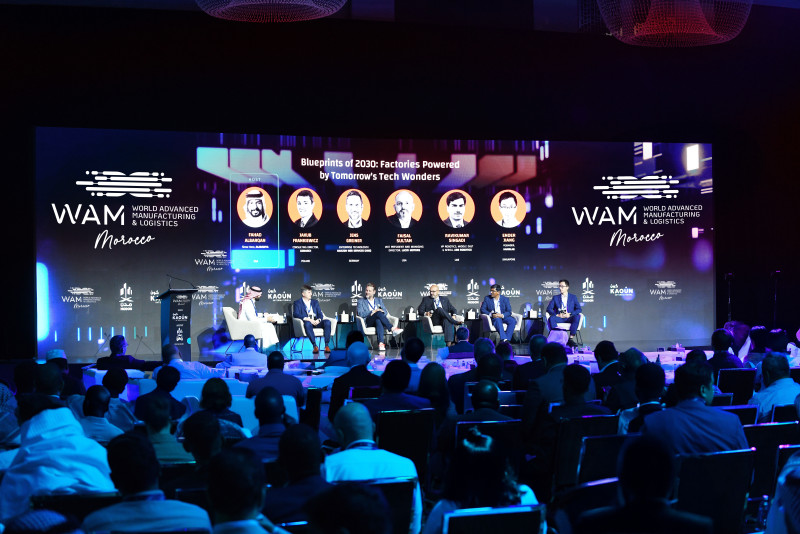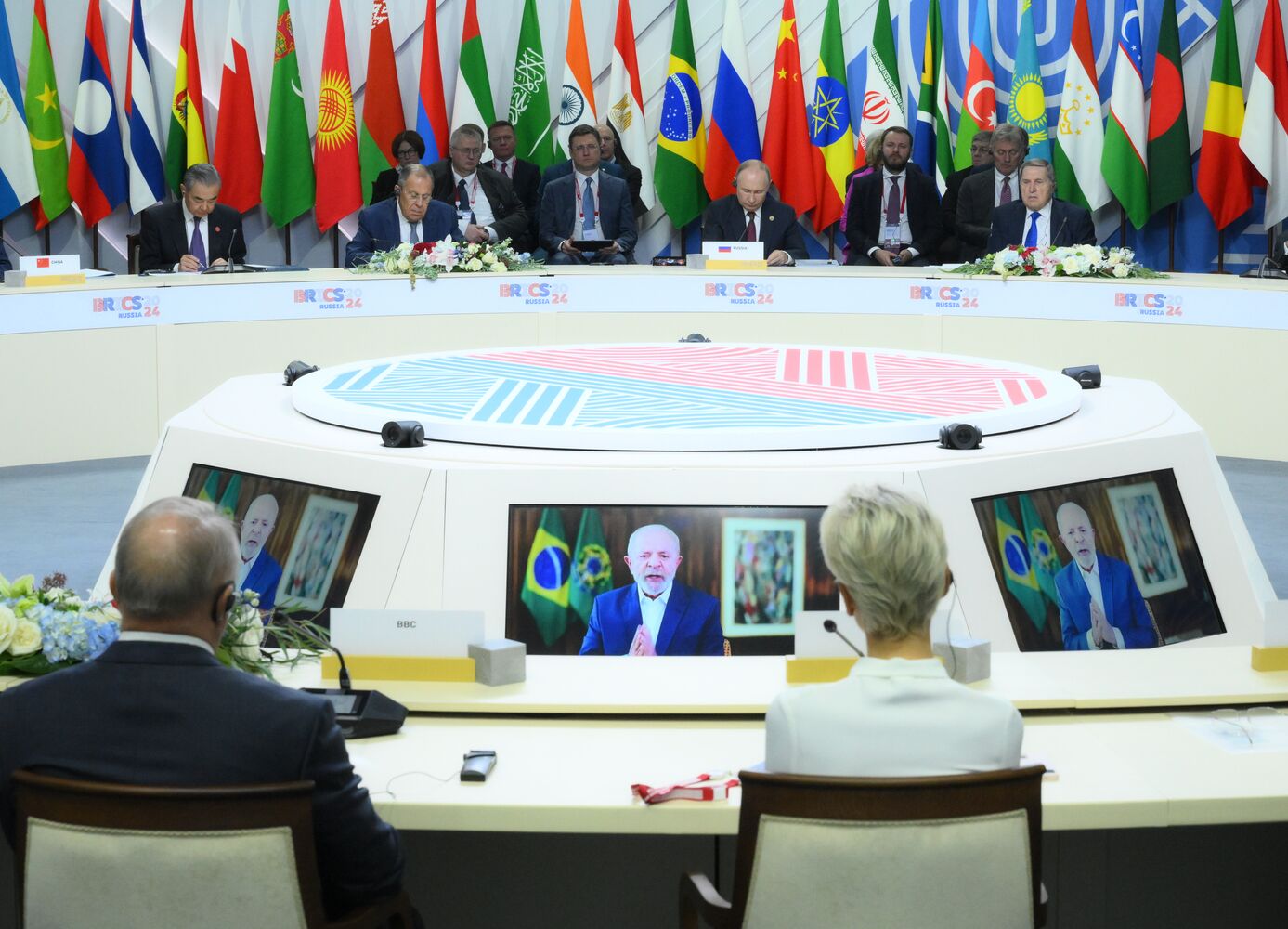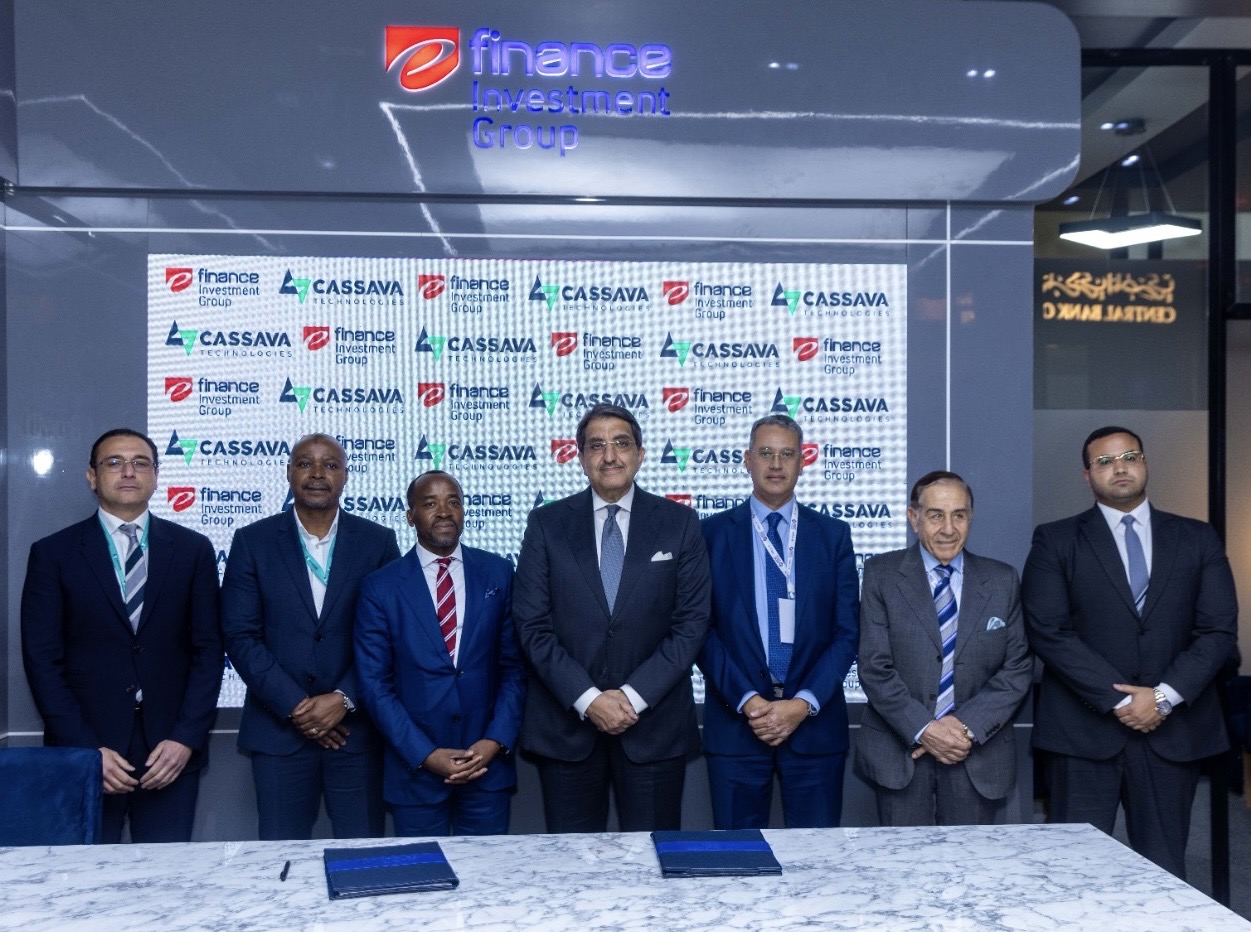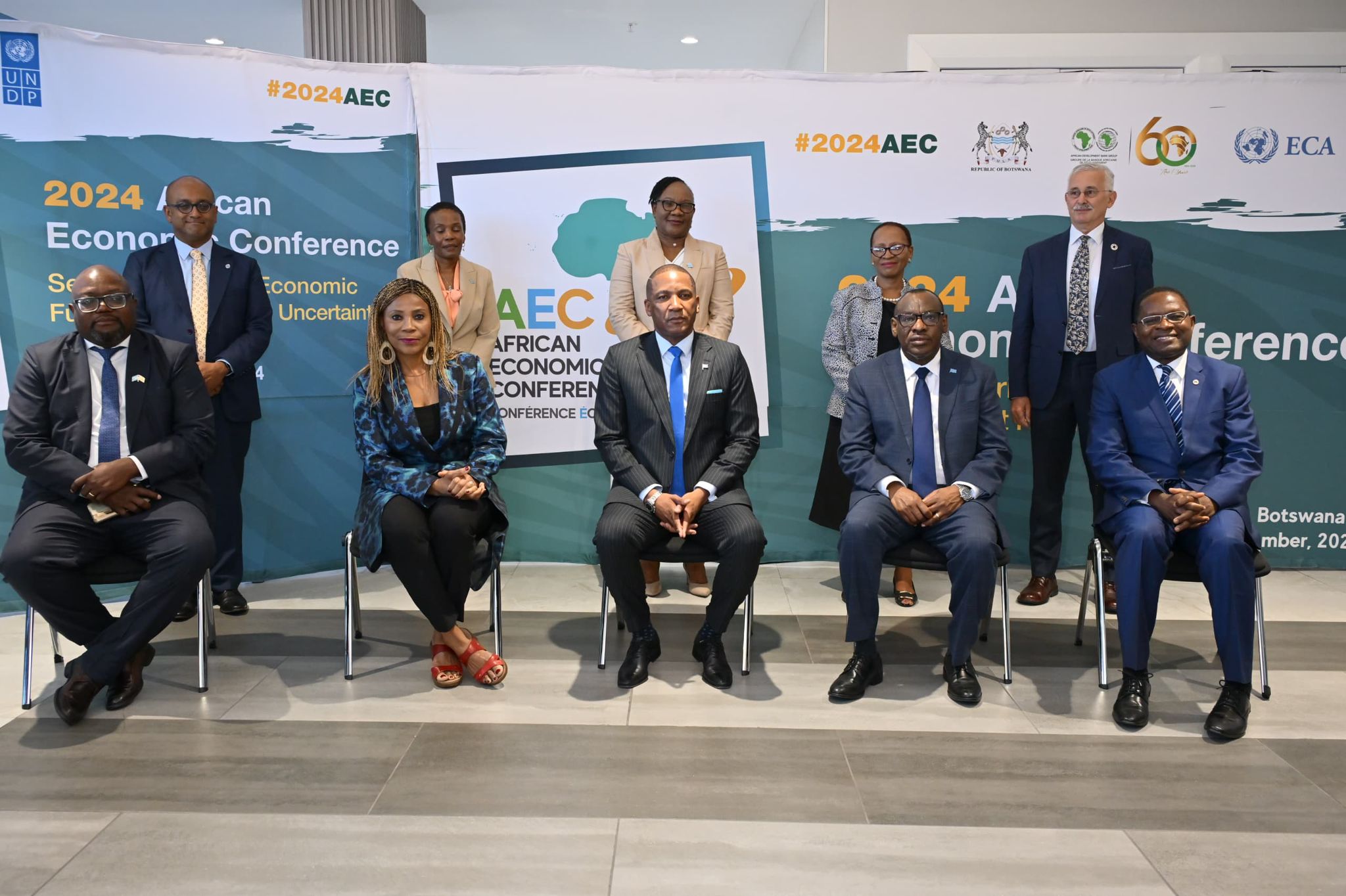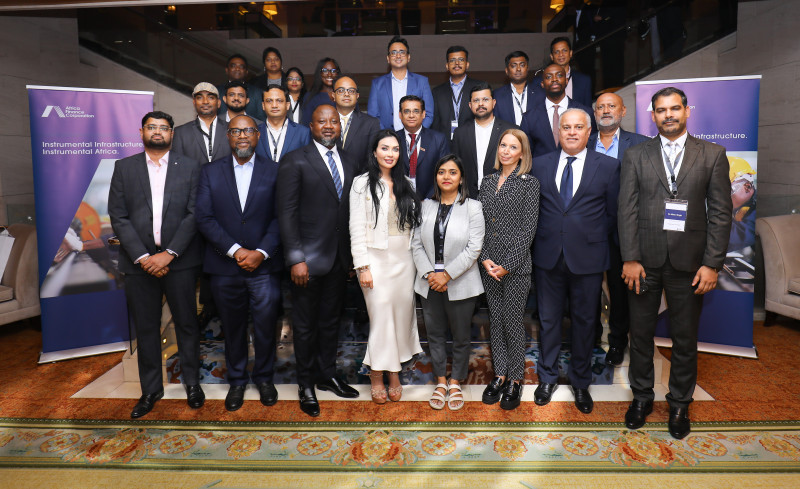By: Mohammed A. Abu
The second edition of African Continental Engineering, Architecture, Construction and Real Estate Summit(ACEACRES,2024) the flagship event of the Africa Continental Engineering & Construction Network Ltd (ACECN),the organizing company, recently ended successfully in Ghana’s capital city of Accra with a clarion call on the need to include sustainability practices especially in Ghana, Africa’s Sustainable Urban Built Environment.
Professor, Taddeo Rusoke, a Ugandan Governance and Nature Solution Expert said, the sustainability practices included, allowing space for Green Belts, Green Spaces, Green Natural Gardens, Flower Gardens, Backyard Gardens, and Tree Growing.
This he noted, will contribute to ambient environment that is naturally aerated by trees. Prof Busoke was one of the Key Speakers who made a presentation titled, “The Future of Forest Conservation in the Wake of Rising Global Housing Demand”
In his concluding remarks, Mr. Daniel Kontie the convenor and CEO of ACECN, in partnership with other industry stakeholders, stressed the need to rotate the Summit across the African continent.
Even though he was emphatic about holding the third edition in Ghana, he added that subsequent editions will either be hosted by Nigeria or Uganda in a rotating order.
Held under the theme, “INTEGRATING SUSTAINABLE BUILT ENVIRONMENT FOR SOCIO-ECONOMIC TRANSFORMATION THROUGH THE USE OF NEW GENERATION TECHNOLOGY AND GENERATIVE ARTIFICIAL INTELLIGENCE”., the event brought together all sector players across the African continent and beyond to discuss industry best practices, modern innovations and technologies that are shaping the future of built environments across the globe.
The event attracted a wide range of stakeholders in the built environment; the building contractors, construction firms, engineers, surveyors, planners, architects, project managers, land economists, real estate developers, builders, landscaping professionals, real estate professionals, building construction, professional Institutions, investors among others
The Summit recorded a little over three hundred (300) in-person participants from Nigeria, Uganda and the United States of America (USA), with majority from the host country Ghana.
Africa
Nigeria
Some of the high profile in-person participants from the African Continent were the keynote speaker Madam Engr. Margaret Aina Oguntala, FNSE, President, Nigerian Society of Engineers (NSE) Engr. Olu Ogunduyile FNSE Vice President, Council for the Regulation of Engineering in Nigeria (COREN), Engr Dr. Modasiru Bola J. (Principal Partner, Prolarank Nigeria Ltd and General Secretary, the Nigerian Institution of Highways and Transportation Engineer (NIHTE), Dr. Bldr. Abdulhakkeem Odegade, MD/CEO, Akmodel Group, Lagos, Nigeria,
Mr, Stephen Merritt, USA, Roadbond EN1 & Technical Consultant, Jemba Solutions etc.
Ghana
Among the local industry leaders present were Ing. Isaac Bedu, Registrar, Engineering Council, Ghana, Engr. Seth Ayim, Executive Director, Institute of Engineering and Technology Ghana (IET-GH), Engr. Ben Debrah, National President, Local Government Service Engineers (LoGSEA), Engr. Awal Sakib Mohammed, National President, Ghana Electrical Contractors Association (GECA), Dr. Ebenezer Mireku, President, Commercial Quarry Operators Association (COQOA), Mr. Samuel Nii N. Tackie, National Vice President, Certified Electrical and Wiring Professionals Association (CEWPAG), Engr. Jacob Ansong, National President, Ghana Institution of Real Estate Brokers (GhIREB), Dr. Gabriel Apotey, member, Ghana Institute of Safety and Environmental Professionals (GhISEP) etc.
East Africa
Uganda
Prof. Taddeo Rusoke, Climate Governance & Nature-Based Solutions Expert, Uganda, East Africa, Dr. John Rwakihembo, PhD (Accounting & Finance): Dean, Faculty of Business and Management Sciences, Mountain of the Moon University, Uganda, East Africa
North America
USA
Mr., Stephen Merritt, USA, Roadbond EN1 & Technical Consultant.
Issues Discussed
Among the key issues discussed at the event was the urgency of integrating the African Built Environment, about which Mr. Daniel Kontie the convener of ACEACRES, 2024 and the CEO of the organizing company, the Africa Continental Engineering & Construction Network spoke passionately about.
He added that, integration makes the cake no longer a national cake but a continental cake bigger than what anyone can bite hence making the opportunities bigger for all industry players.
The others were major factors affecting the industry growth, the impact of AI on the built environment, the adoption of sustainability and how industry issues affect the delivery of housing and infrastructure in Ghana and Africa at large.
Opportunity for Sponsors
Sponsors had the opportunity to engage in B2B, B2C networking opportunities, with some connected with manufacturers, distributors, wholesaler’s retailers as well as end consumers. Many had the opportunity to meet potential investors, enhanced their brand visibility, generated real time leads, gained industry insights, modern trends, identified new business opportunities, sealed partnership deals, shared product knowledge and utility information with potential customers, demonstrated their unique selling proposition to potential customers, built strong network with influential industry players, connected with top-rated projects /contractors/professionals in Ghana and across the African continent etc.
What Participants Stood to Gain
Participants on their part,had the opportunity to network with industry leaders, access to cutting edge insights and new trends, learnt from successful case studies, built personal capacity for resilience, exposed to new business opportunities, gained inspiration and motivation from industry thought leaders, built relationship with potential employers/employees and mentors, accessed innovative products, met with potential investors, shared their perspective during Q&A session, identified lucrative business niches in the industry et cetera.
Event Partners
The event Partners include, the Ghana Institution of Engineering and Technology (IET-GH), the Association of Building and Civil Engineering Contractors of Ghana (ABCECG), the Ghana Electrical Contractors Association (GECA), Ghana Institute of Construction (GIOC), Certified Electrical Wiring Professionals Association (CEWPAG), Ghana Association of Real Estate Brokers (GAREB), Local Government Service Engineers Association (LoGSEA), Commercial Quarry Operators Association (COQOA), Engineering Council, Ghana, (EC), the Real Estate Council, (REAC), the Ghana Institute of Safety and Environmental Professionals (GhISEP), the Nigerian Society of Engineers (NSE) with Nimark Consult, and Culnad Construction Ltd, as construction firms among several others.
Event Sponsors
The Principal Sponsors of the event include, Gerflor Ghana, Meprolim Ghana, as headline sponsors. The rest are Premier Steel, McDan Group, Jemba Solutions Ltd, Fort Doors Ghana, the Primus Group, Alusynco Hellas Services Ltd, Marbelino Marble Stones Décor, Mayfair Estate Ltd, Reroy Cables Ltd, J2 Affable properties, Sethi Realty, Sethi Steel, Nimark Consult, ABS Properties, United Commercial Trading, Culnad Construction, CIMAF, Magil Enterprise Ltd.
The organizer is the Africa Continental Engineering & Construction Network Ltd (ACECN), a Pan African built environment and real estate firm based in Ghana but with a wide range of projects and network of built environment professionals across the African continent and beyond.
ACECN’s Objective
“The objective, Mr. Kontie said, was to set the stage for the integration of the African built environment whilst creating the opportunity for more partnerships/collaborations and the promotion of sustainability for corporate growth and for the African continental prosperity at large”
Mission
The mission is to be the industry game-changer in the delivery of superior general built environment services in all disciplines while championing the course of contemporary innovations and sustainability geared towards the socio-economic transformation of the African continent.
Vision
Its vision is to be among Africa’s top five (5) built environment brands in the next 10 years from 2024 while creating a strong continental network and integration of Africa’s fragmented built environment through a high-power professional, intergovernmental and sustainability networking across the globe.
In a post event exclusive interview with the Eco-Enviro News Africa magazine., Daniel Kontie, said, the Summit brought together all stakeholders of the African built environment.
“It was indeed a time of introspection that examined the past, the present and projections into the future of the African built environment in this AI dispensation.
“The core mandate was to communicate to all stakeholders yet again, the urgent need to integrate the African Built Environment for Socio-Economic Transformation of the African Continent.
“It was by far Africa’s most impactful built environment and Real Estate Summit that brought together all sector players across the African continent and beyond to discuss industry best practices, modern innovations and technologies that are shaping the future of built environments across the globe” Mr. Kontie intimated.
Objective
“The objective, Mr. Kontie said, was to set the stage for the integration of the African built environment whilst creating the opportunity for more partnerships/collaborations and the promotion of sustainability for corporate growth and for the African continental prosperity at large”
